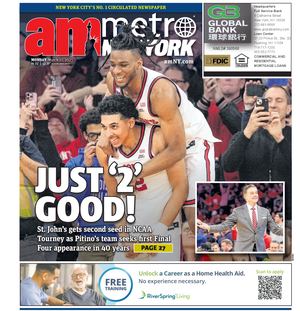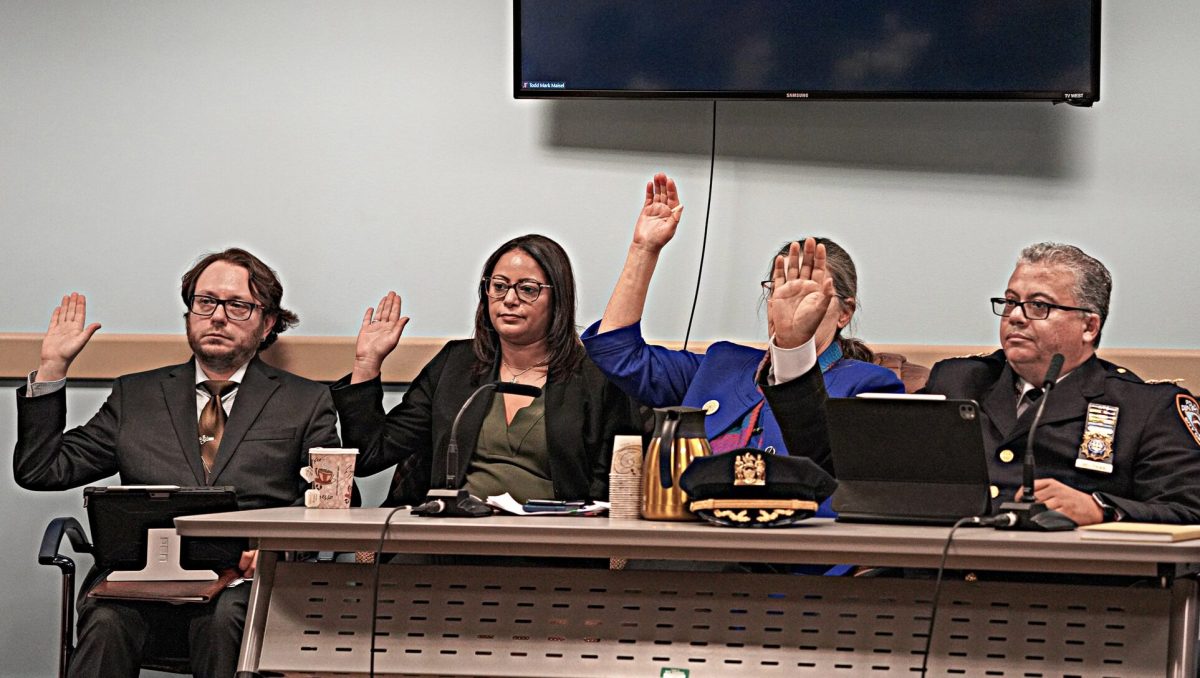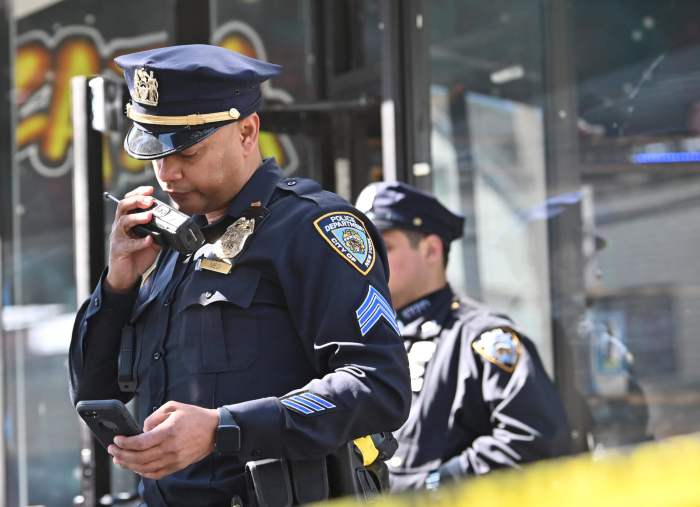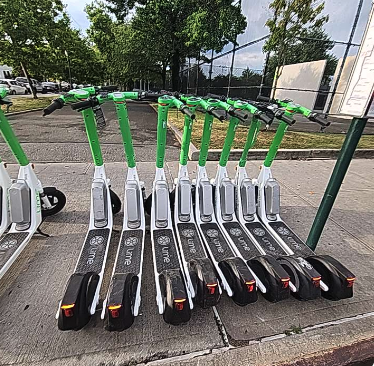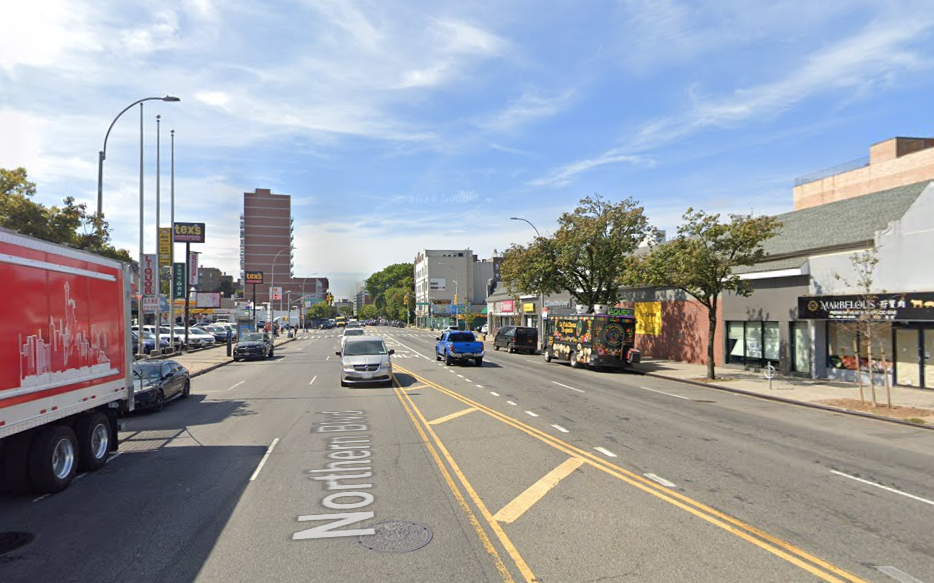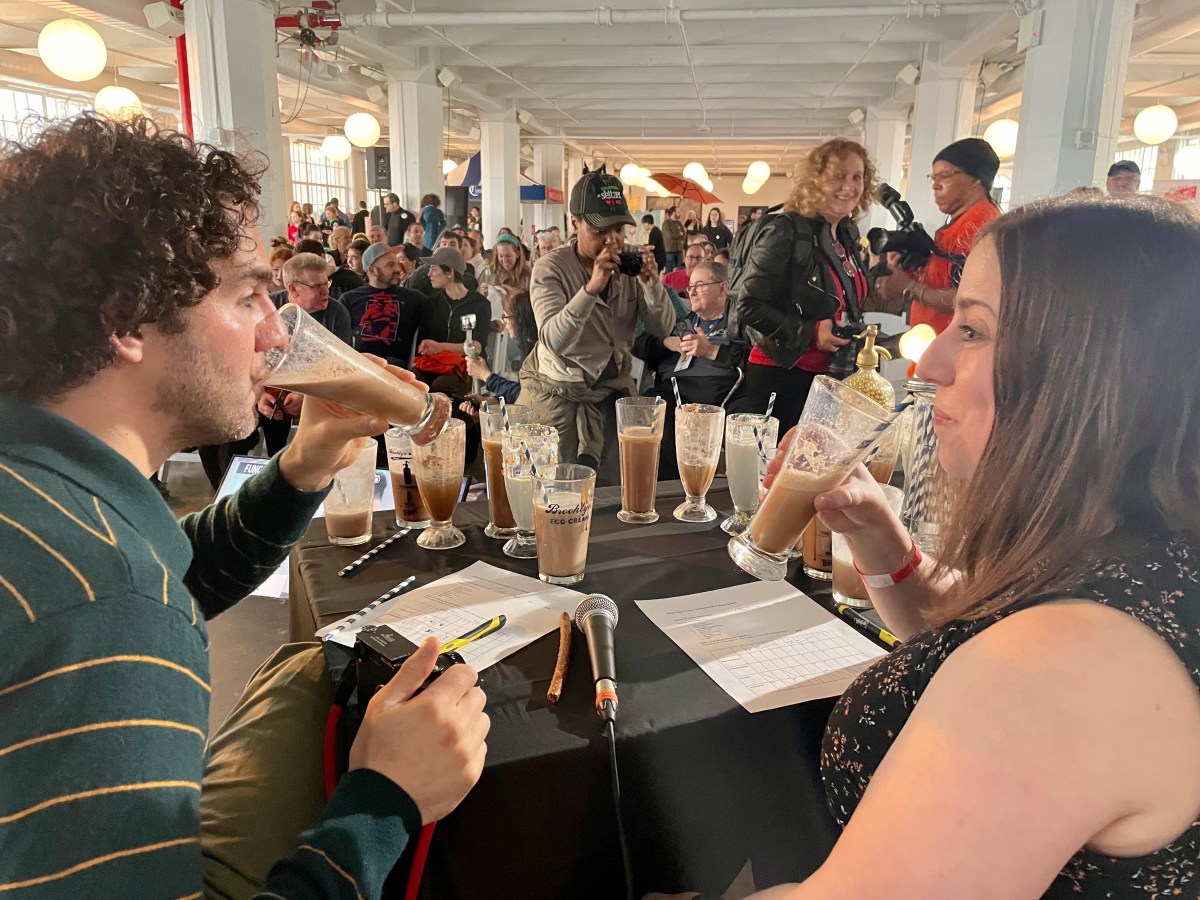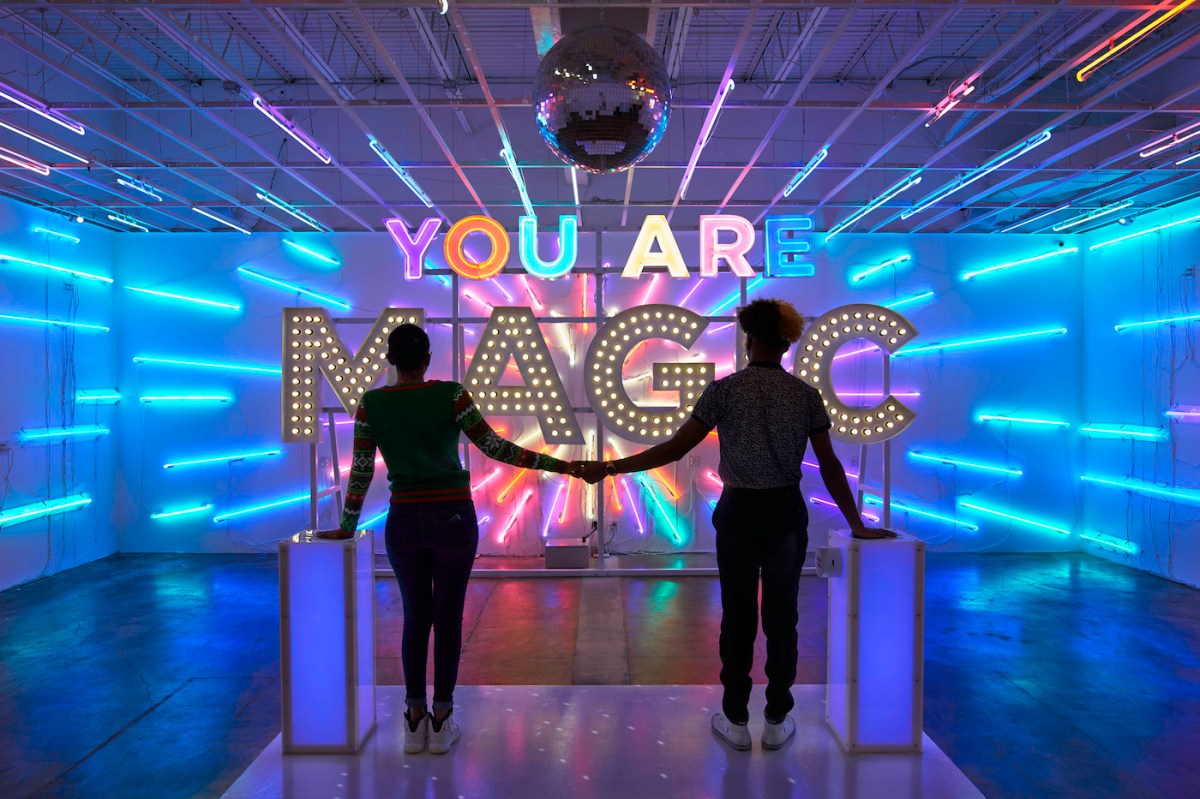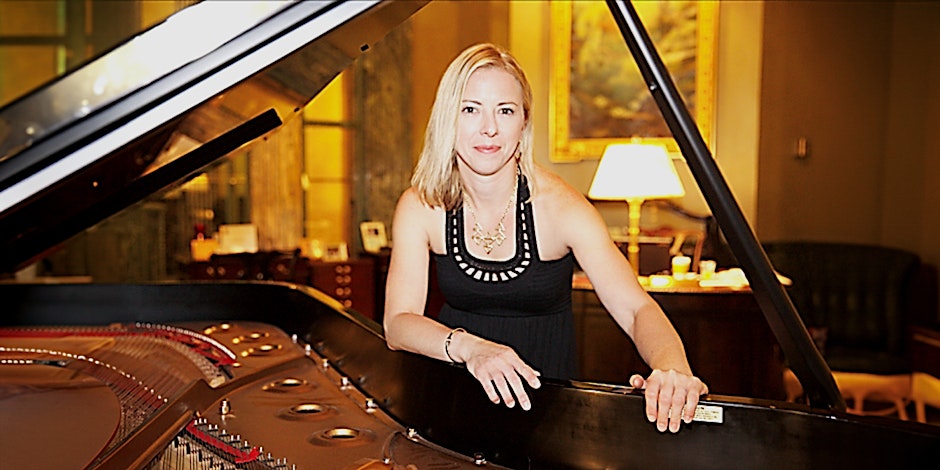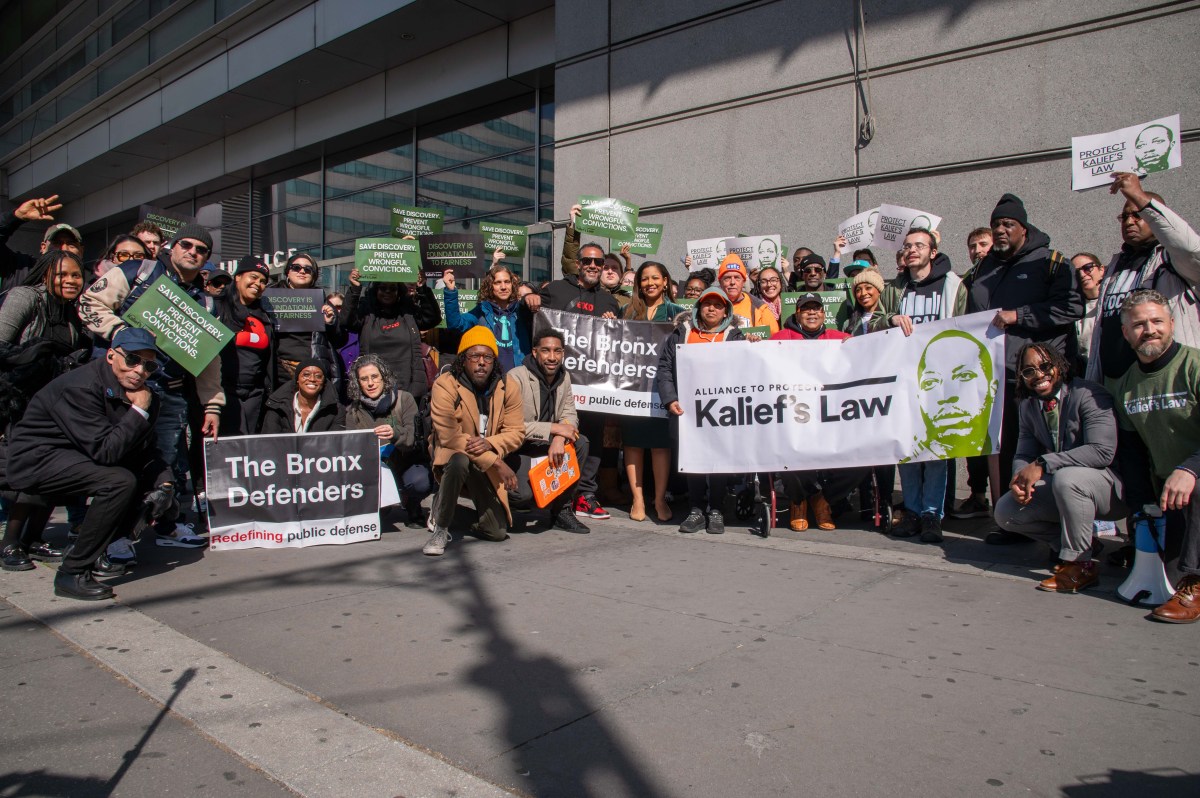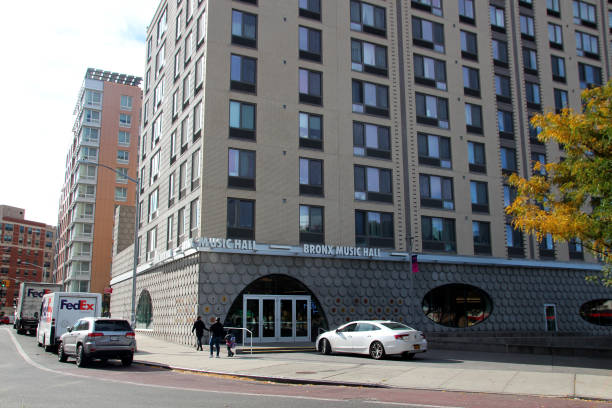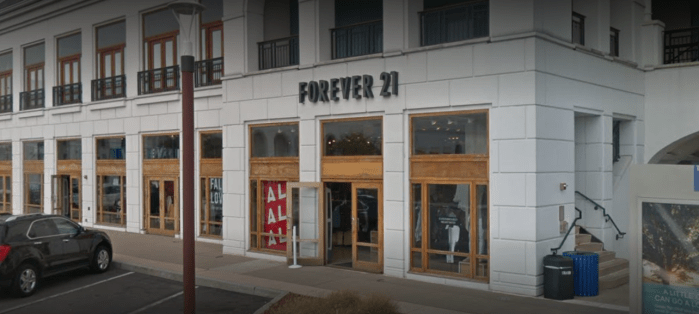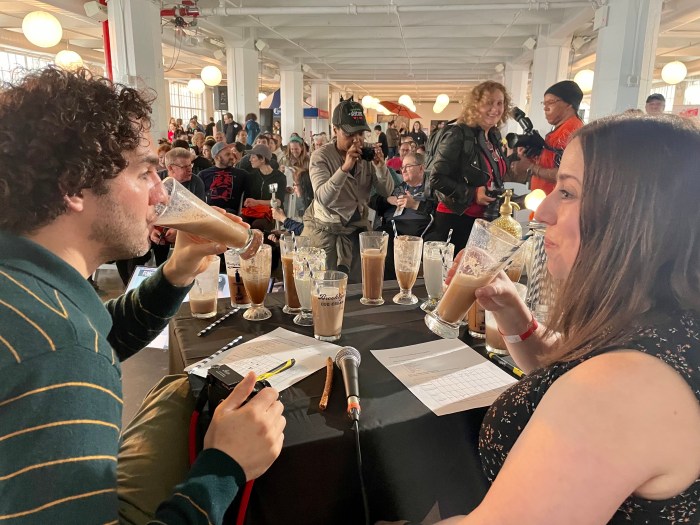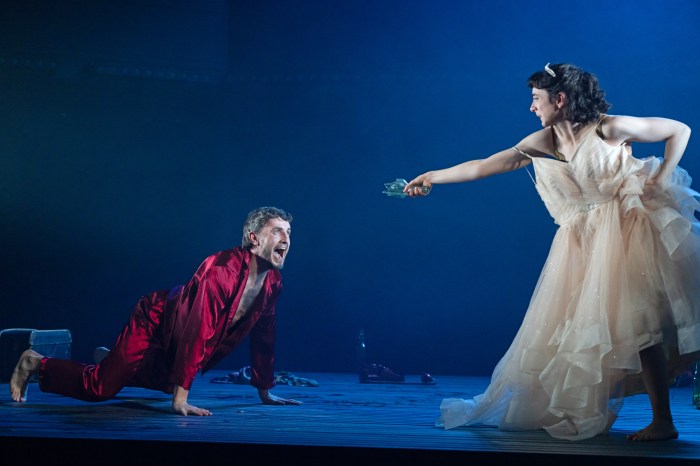NYPD brass remained tight-lipped Monday about their encryption plan for all police radios, and the future of journalists who would be denied access to real-time information on breaking news citywide.
Since the 1930s, the media have been tuned into the static chatter bursting from police radios through scanners, serving as overseers in order to report dangerous incidents to the citizens. However, that could all end in 2024 with the NYPD looking to encrypt its police channels, essentially shutting out the press from daily activities and crime responses. The department has already encrypted officers’ radios at 10 northern Brooklyn police precincts this year as part of the rollout.
This drew public criticism from news reporters and organizations, as well as criminal justice advocates and elected officials. Though the NYPD had previously pledged to provide a time-delay feed of their transmissions, opponents say any delay would impact their ability to independently cover news at it happens, and harm the fourth estate’s efforts to hold police accountable.
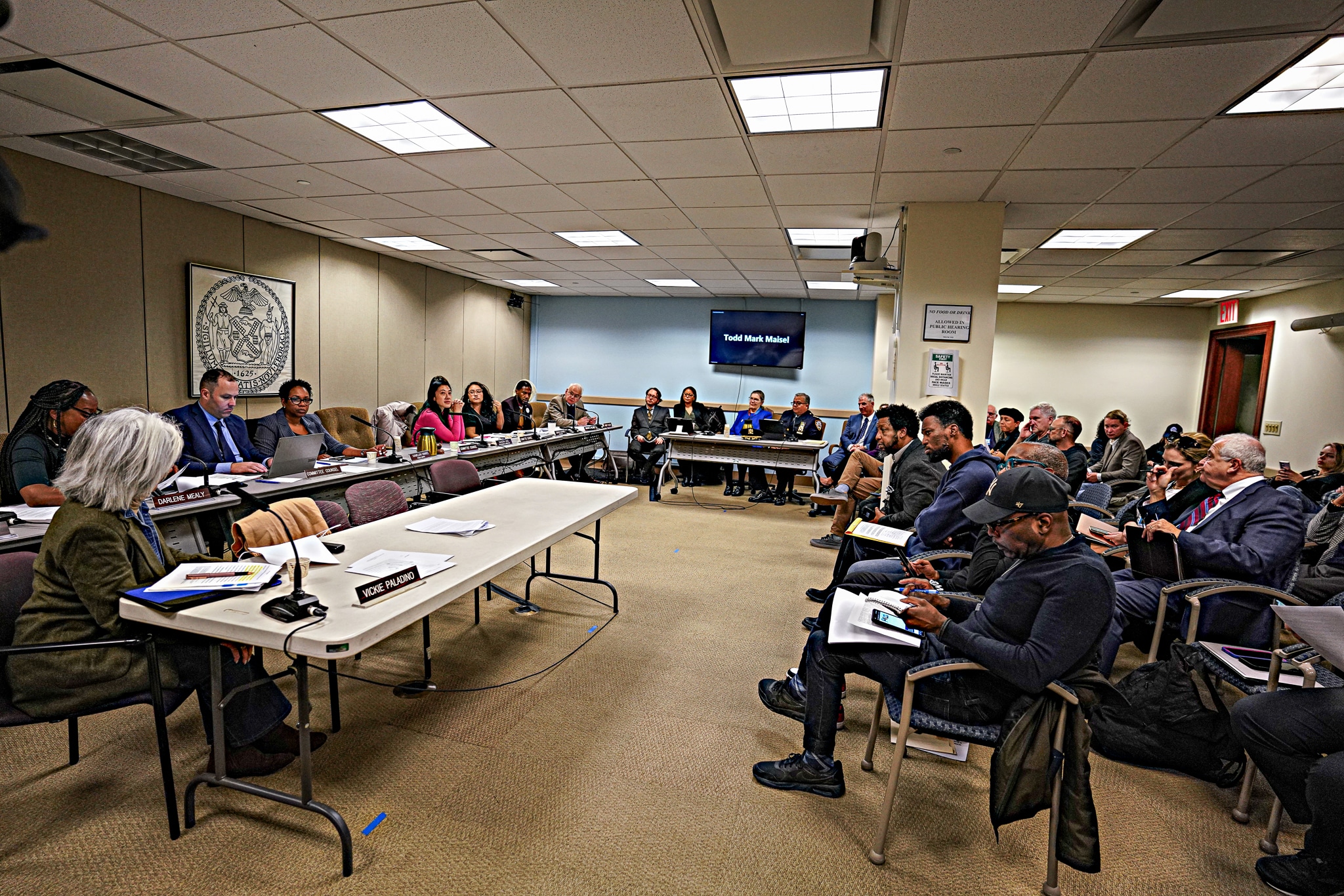
‘Stop giving the bad guys our game plan’
Chief of Information Technology Ruben Beltran represented the NYPD during Monday’s hearing. He called radios a “lifeline” to cops, with the main reason for the switch from traditional radio channels to encryption being potential criminals.
Beltran charged that bad actors like burglars have been found with scanners in their possession, suggesting that they had been monitoring police radios.
“We need to stop giving the bad guys our game plan,” Beltran said.
According to Beltran, the cost of the change to encryption — dubbed P25 digital implementation — will cost some $390 million and is expected to be completely be finished by December 2024, earlier than previously expected.
While Beltran underscored the importance of encryption, many journalists who attended the meeting say they are not against the process as long as the press has access — something the chief remained tight-lipped on.
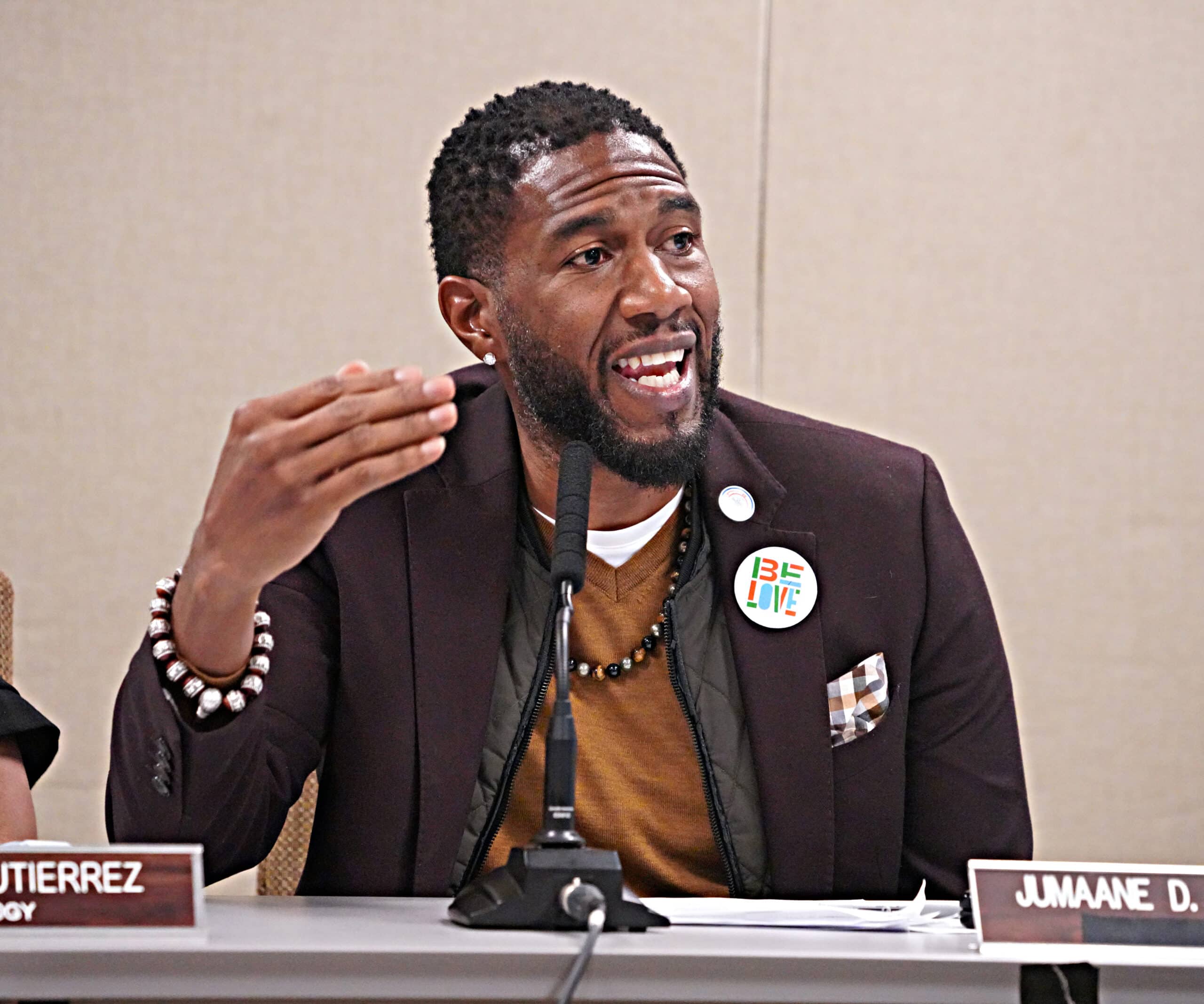
‘We have to be in partnership with the NYPD’
Several journalists who use a scanner to listen for potential news report that they see the relationship between the media and the police in an ongoing effort to keep the public informed.
“We have to be in partnership with the NYPD. We can’t have them stray away from us,” said photojournalist Lloyd Mitchell, a frequent amNewYork Metro contributor. “We have to figure out a way around it and understand that it’s going to affect a lot of people from our jobs to people in their own neighborhoods.”
Police in the past have pledged to give the media access to encryption, but when pressed for details Monday, Beltran appeared to evade the questions. Despite previous promises, he repeatedly stated that the NYPD has not made a final decision on when or even if the media will be permitted access.
This led to Beltran trading jabs with Council Member Jennifer Gutierrez and Public Advocate Jumaane Williams over the apparent lack of clarity. Beltran even went as far as to insinuate that the press would be able find other avenues to obtain information through their own resourcefulness.
After several hours of testimony and questioning, Beltran and his colleagues got up and left the hearing — causing a volley of jeers from attendees. They departed just before the public and journalists were to testify.
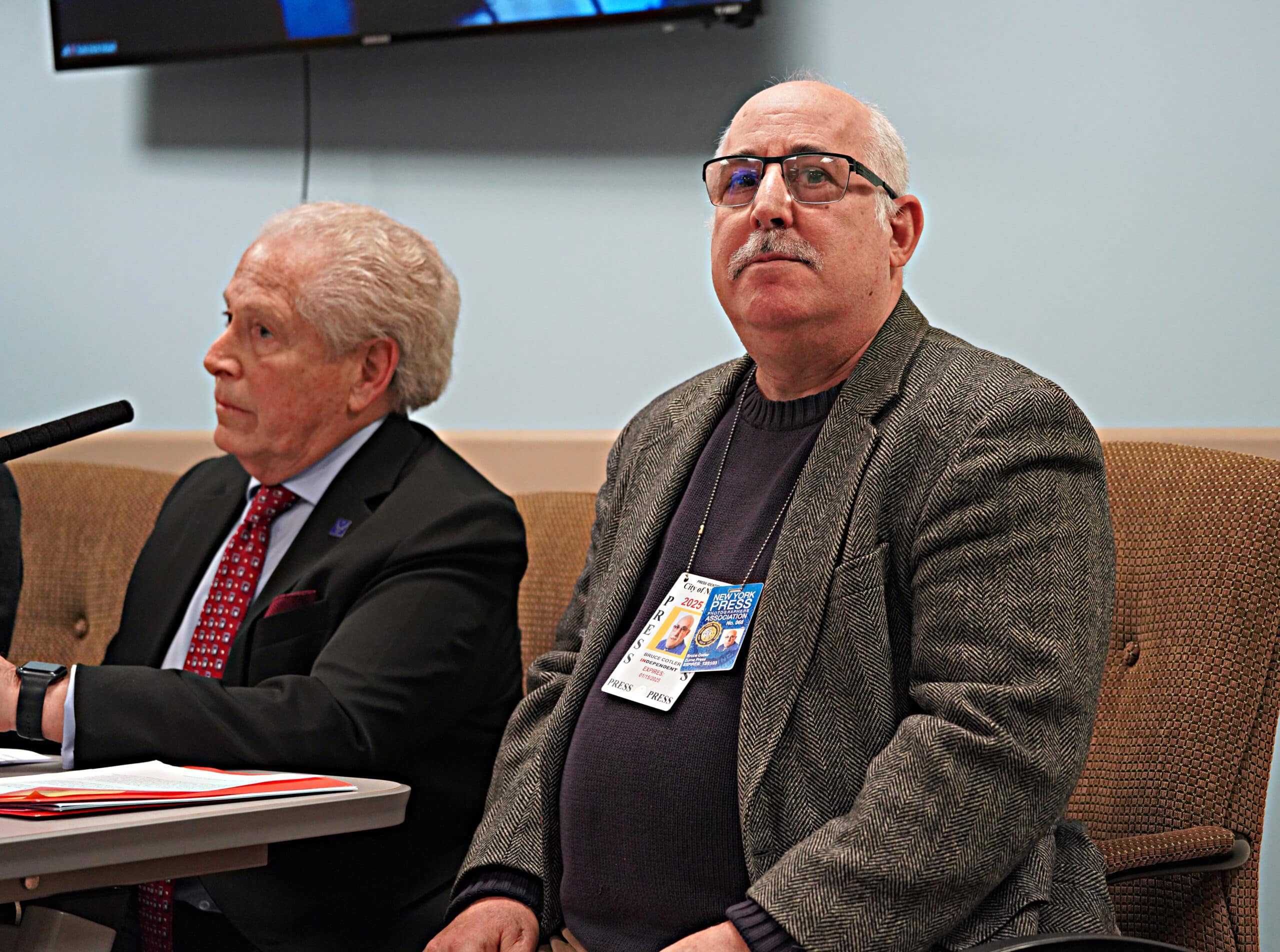
Why it matters
Despite the fact the encryption is not believed to be fully implemented until late 2024, that hasn’t stopped a litany of channels from individual precincts slowly going dark one by one, already leaving the public out of the loop.
According to New York Press Photographer Association head Bruce Cotler, the lack of media access to police radio will prevent the public from being quickly informed on major incidents, such as explosions or active shooters. Other public trusted sources such as Citizen app will also no longer be able to provide the public warnings.
“The Adams administration has been boasting that they want to be the most transparent administration, yet this is such a regressive implementation of trying to keep the public and the media from knowing what’s going on in the city,” Cotler said. “If it wasn’t for the police radios and a Daily News photographer listening to the radios, we would have never known about Eric Garner.”
City Council Robert Holden and some of his colleagues praised the use of Citizen app, stating during the meeting that the application helped keep his wife safe when it relayed information that a man was wielding a knife not far from where she was walking.
Read more: Brooklyn Mourns EMT Whiteside with Memorial Service
